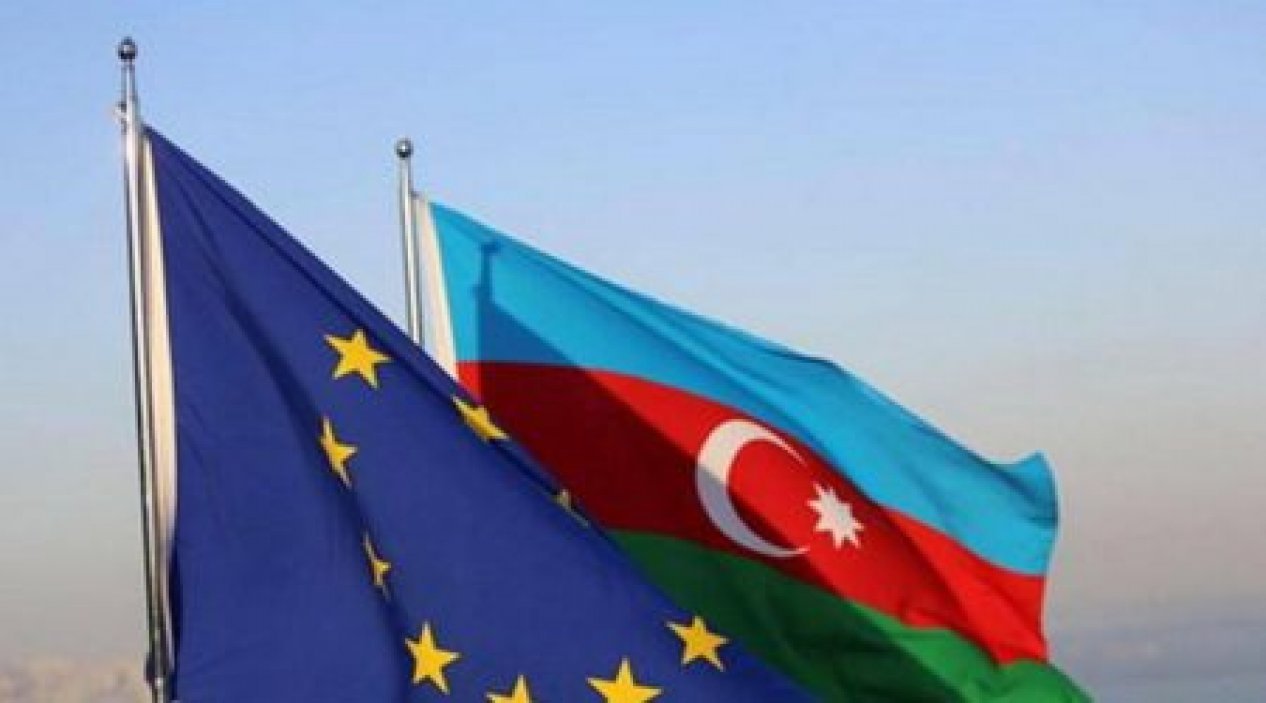
“Georgia signed a high-level cooperation document with the EU several years ago. On February 27, 2017, Armenia signed a lower-level, but still joint document with the EU. Azerbaijan is unwilling to sign a joint document with the EU,” executive secretary of the REAL Party, Azerbaijani economist Natig Jafarli said. He claimed that the Azerbaijani side is prolonging the agreement on the document, although more than 90% of the issues have already been agreed upon.
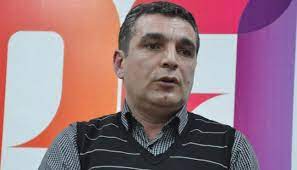
First of all, cooperation between the EU and Azerbaijan was established in 1991. The Partnership and Cooperation Agreement signed between the parties in 1996 (entered into force in 1999) covers cooperation in the fields of political dialogue, trade, investment, legislation, science and culture. In 1998, the EU appointed a special envoy to Azerbaijan. In 2000, the Representation of Azerbaijan to the EU was established. In July 2003, the EU appointed a special envoy for the South Caucasus. In addition, in 2004 Azerbaijan was included in the European Neighborhood Policy, and in 2009 in the Eastern Partnership program, a format of multilateral cooperation in the Eastern direction.
Trade relations between Azerbaijan and the EU are regulated by the Partnership and Cooperation Agreement. The EU ranks first among Azerbaijan’s trading partners. The EU is Azerbaijan’s largest trading partner in terms of exports and imports.
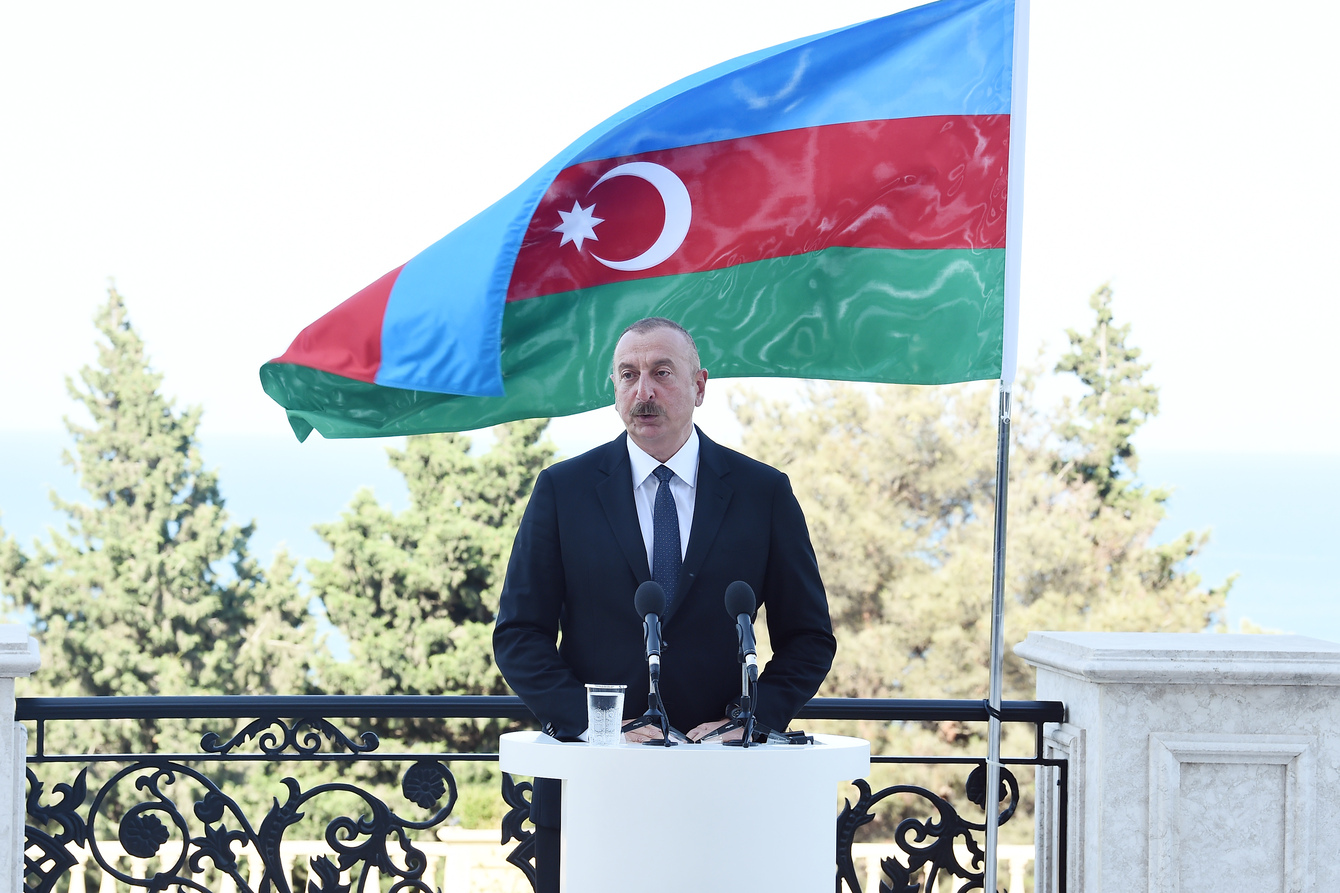
At a joint press conference of Azerbaijani President Ilham Aliyev and President of the European Council Charles Michel on July 18, 2021, the president of Azerbaijan presented the latest statistics on this issue. He said that almost 40% of Azerbaijan’s trade accounts for the EU. In 2020, the trade turnover with the EU was almost $9.5 billion. Azerbaijan’s exports to EU member states amount to $6.8 billion. More than 1,700 companies from the member states of the Union operate in Azerbaijan. In addition, Azerbaijan signed or adopted documents on strategic partnership with nine EU member states.
In this context, Azerbaijan’s trade turnover with the EU and the investments of the union member countries in Azerbaijan are many times higher than that of Georgia and Armenia. For example, in 2020, the trade turnover between the EU and Armenia was just over $1 billion.
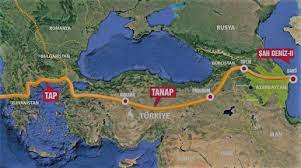
In addition, Azerbaijan plays an important role in Europe’s energy security. At the end of last year, the Trans Adriatic Pipeline, the fourth segment of the Southern Gas Corridor, was put into operation. Since January 1, Azerbaijan has exported more than 3 billion cubic meters of natural gas to EU member states, especially Italy, Greece and Bulgaria.
In addition, on July 11, 2018, the document “Priorities of the Azerbaijan-EU Partnership” was initialed.
As for the document mentioned by Natig Jafarli, it is a new partnership agreement between the EU and Azerbaijan. In recent years, work on this agreement has been intensified by both sides, and it was noted that 90% of the issues related to the agreement have been agreed upon. It is true that Azerbaijan has repeatedly stated its interest in signing this agreement, but stipulated that this process be carried out under a number of conditions. In this sense, although the opinion that Baku didn’t sign the joint document is correct, there are a number of reasons for this, and it would be wrong to give an objective assessment of the issue without mentioning these reasons.
As for the reasons, the Azerbaijani side stated that:
The agreement must ensure the interests of both parties
The agreement should reflect both issues of strategic importance and issues of interest to Azerbaijan
The agreement must be signed on equal footing
The agreement must be free of all points that contradict equal cooperation.
As for the specific issues that have not been agreed upon and remain under discussion, one of them is Azerbaijan’s non-membership in the World Trade Organization (WTO). Baku justifies its refusal to join the WTO by saying that the bulk of Azerbaijan’s exports still accounts for oil and gas products, and it is not necessary to be a member of the organization to export these products.
Another argument is the development of the non-oil sector, i.e. the growth of local production, for which the domestic market must be protected. The Azerbaijani side believes that if the country now joins the WTO, local producers in the industrial and agricultural sectors may face problems. That is, as a result of WTO membership, Azerbaijan will receive a large amount of imported products, which in turn will damage local production.
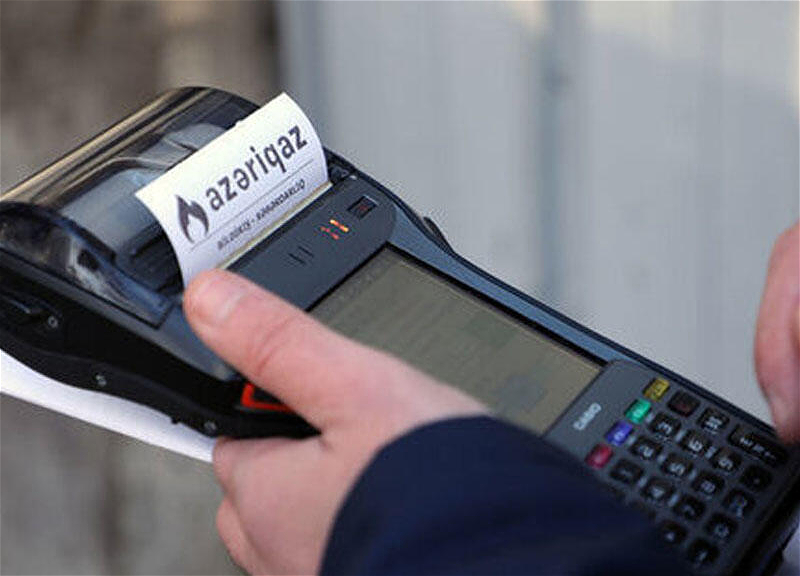
Another issue under discussion between the parties is the energy sector. The EU offers Azerbaijan to equate the export price of natural gas with the domestic price. The Azerbaijani side stated that if the proposal is accepted, Azerbaijan must raise domestic gas prices at least ten times. This is unacceptable. In this sense, Baku stated that the quality of the document is more important for Azerbaijan than the time its preparation will take.
Based on the above-mentioned facts, it is safe to say that despite the role of the Azerbaijani side in the delay of signing the new agreement between Azerbaijan and the EU, there are objective reasons for this.



















